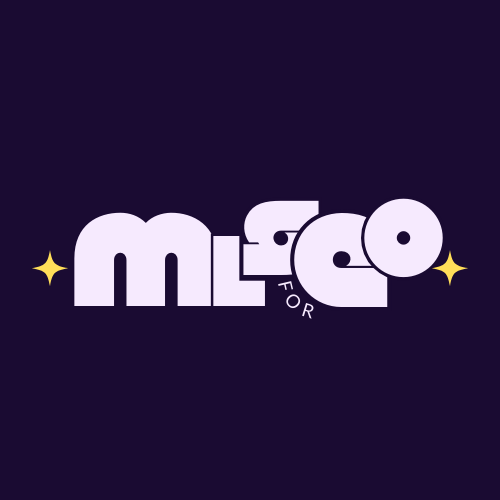What a good semantic keyword universe looks like – Lesson Preview
A powerful keyword universe is only as valuable as how it’s delivered. In this lesson, you’ll learn how to present and document your semantic keyword universe so that clients and stakeholders can confidently act on your insights. You’ll discover what distinguishes a clear, usable, and future-proof deliverable from one that gets ignored and why your presentation is the bridge between data analysis and real business action.
From dashboards to documentation, this session breaks down how to structure your universe for accessibility, alignment, and long-term impact. You’ll see how to adapt your delivery for different teams, from content and PPC to leadership, and how to integrate automation and version control to keep your keyword database evolving with the market.
By the end, you’ll know exactly how to turn a static spreadsheet or database into a living system that drives ongoing SEO, content, and marketing decisions.
What you’ll learn (why it matters)
- Deliver a clear, usable keyword universe because insights only work when stakeholders understand them.
- Translate analysis into action because structured delivery enables content and PPC teams to act independently.
- Create documentation that scales because it democratizes complex methods and reduces analyst dependency.
- Visualize insights with dashboards because trends and gaps become clearer through data visualization.
- Future-proof your work because automated refreshes and version control keep your data relevant.
Key concepts (with mini-definitions)
- Keyword Universe — a structured dataset of categorized search queries that informs SEO and content strategy.
- Stakeholder Enablement — the process of empowering teams to use data resources without ongoing analyst support.
- Documentation — detailed explanation of data sources, categorization logic, and ML methods for clarity and repeatability.
- Dashboard — a visual layer (e.g., Looker Studio) that turns keyword data into actionable insights.
- Entity Co-occurrence — relationship patterns between entities within search data.
- Version Control — a method to track changes in datasets and documentation over time.
- Automation — scripts or integrations that update data periodically without manual input.
- SERP Features — Google result elements (like videos or snippets) that inform content strategy.
Tools mentioned
Google Sheets, Big Query, Looker Studio, SentenceBERT, BERTopic, Regex and Apps Script.
Practice & readings
- Exercise: Create a sample Looker Studio dashboard showing keyword intent categories.
- Exercise: Write one-page documentation summarizing your categorization process.
- Exercise: Record a short walkthrough video explaining your keyword universe to a non-technical colleague.
Key insights & takeaways
- Clarity and usability are as critical as analysis quality.
- Poorly structured delivery can lead to missed opportunities.
- Documentation is part of the product, not an afterthought.
- Future-proofing ensures your keyword work stays relevant over time.
- Empowering teams to use your deliverable increases its lasting impact.
Ready for the next step? Start your learning journey with MLforSEO
Buy the course to unlock the full lesson
Gain practical frameworks and examples you can apply immediately to client-ready deliverables.
